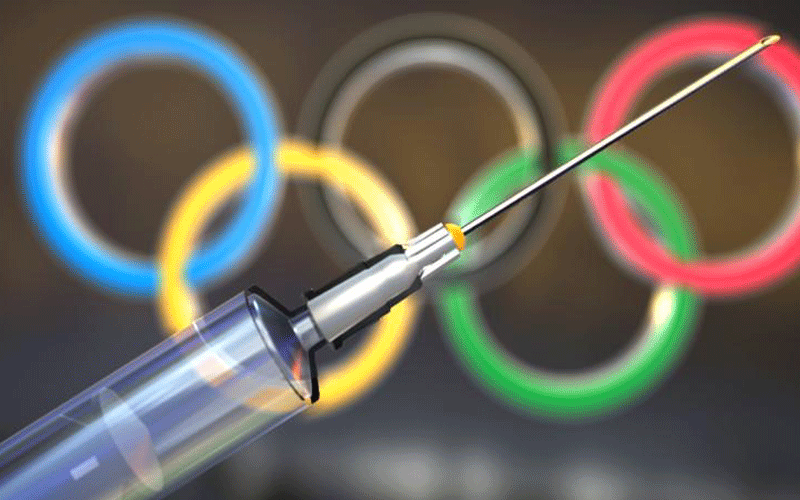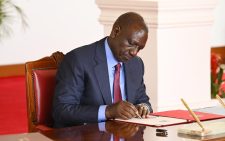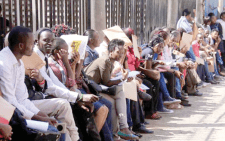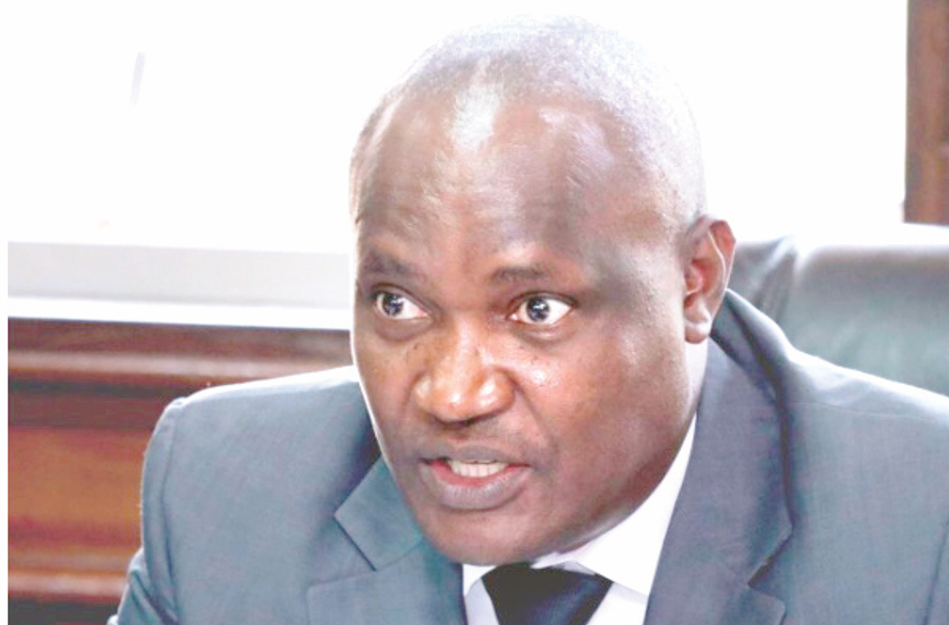Kenya’s economy expected to expand by 3.9pc in 2021
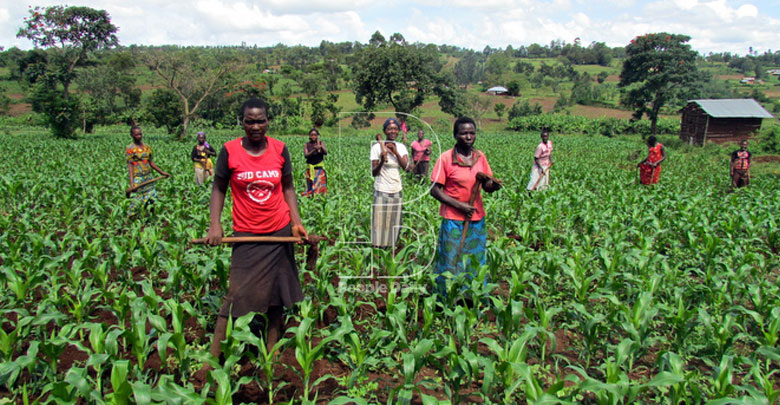
Kenya’s gross domestic product (GDP) will grow by 3.9 per cent in 2021 if the second wave of Covid-19 is less severe and the government continues to reopen the economy, according to NCBA group projections. It also projects that the agriculture sector will provide primary support to the recovery.
Economists at the group say the recovery will also depend on how quickly businesses are able to reopen, availability of a vaccine and how fast government revenues pick up, allowing for healthy spending beyond the Big Four.
Speaking on the projections during the 3rd NCBA Economic Forum, NCBA Group Managing Director, John Gachora said whereas things had begun looking up with the easing of restrictions, it felt more like a “truce” than an actual “peace treaty”.
He said given the immense uncertainty that the pandemic continues to present, the group looked at likely growth under different scenarios, informed by the evolution of the pandemic and potential policy interventions.
The economy, the economists warn could still recover at a more moderate pace of 2.5 per cent in 2021 if the second wave of the pandemic is severe but lockdowns are still more localised.
However, the government is targeting a 5.3 per cent growth post-Covid leveraging reforms in the Big Four Agenda pillars and the economic stimulus package.
Head of the Presidential Delivery Unit Nzioka Waita who also spoke during the forum, said key reforms touching on Agenda Four pillars will leverage Sh128 billion alongside the economic stimulus program worth Sh53 billion for growth.
“We are targeting at a 5.3 per cent growth from 2.8 per cent this year with solid investment in key agenda four areas,” said Waita.
He said small and medium enterprises (SMEs) will benefit from a Sh3.5 billion SME guarantee fund.
Waita said the government is working on a complete overhaul of Kenya Power to cut the cost of electricity to ease the cost of doing business and cost of production.
This will include a review of all Power Purchase Agreements and the retirement fuel-powered generators to bring all tariffs to a maximum of Sh12 a Kilowatt-hour and a reduction of system losses from 30 percent and completion of special economic zones.
Food security
To boost food security, a commodities exchange is in the pipeline to help farmers access warehouse facilities while ensuring good prices for farmers.
The government has, however, offered lip service and failed to rollout the exchange for years.
Other key sector reforms will target sugar, dairy, tea and coffee sectors alongside the restructuring of the National Cereals and Produce Board (NCPB) from a mere store to a strategic grain reserve.
To spur activities in the housing sector Waita said the roll out of the Kenya Mortgage Refinance company will help many Kenyans access affordable housing and reignite activities in the housing market.
More reforms in the housing sector include digitising of title deeds, legislation reforms for real estate, and increase of government land banking.
President Uhuru Kenyatta’s administration is finalising a framework that will allow for price control essential medicine to reduce the cost of healthcare.
“We want to end situations where basic medicine is being sold at a price that is three times its market price,” said Waita.
The improvement of the flow of funds to counties, reforms at the National Hospital Insurance Fund and completion of level four and five hospitals.
Analysts, however, warned that more stimulus funds should go to agriculture and manufacturing.
Former chairman of the central bank Mbui Wagacha said that banks could see a build-up of more non-performing loans.
“Banks could lose value in stock valuations and bad loans might increase making profitability to go down,” said Wagacha.
The Economists at NCBA expect that uncertainty will sustain fragility in consumer spending next year.





